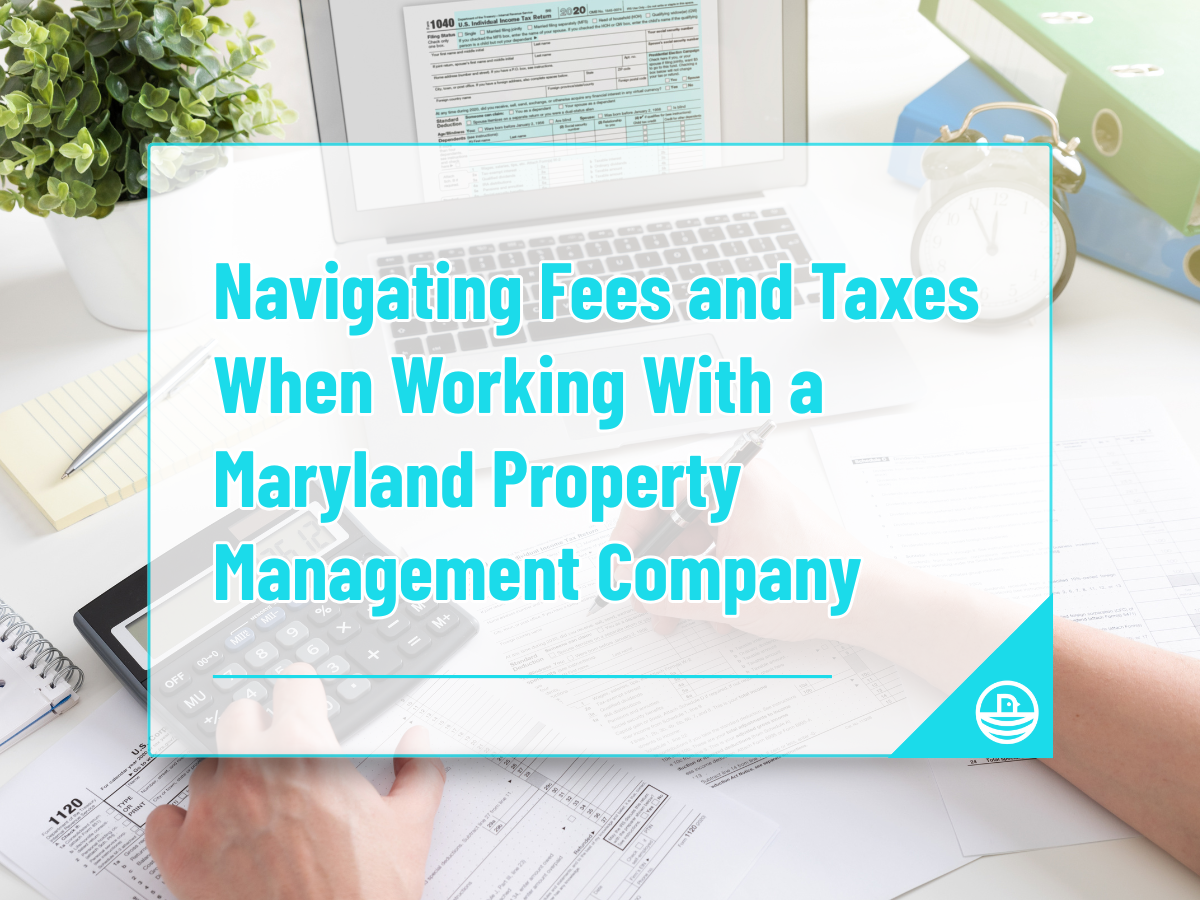Reasons to Break a Lease in Maryland: What Landlords Need to Know
Breaking a lease can be a complex issue for landlords in Maryland, as residents often have valid reasons for ending their tenancy prematurely. Understanding these reasons and the legal framework surrounding them can help landlords navigate difficult situations. This article provides crucial insights into lease agreements, the rights of residents, and common grounds for lease termination in Maryland.

Understanding Lease Agreements in Maryland
The Legal Framework
In Maryland, lease agreements are governed by both state and local laws. Landlords must adhere to these regulations to avoid legal repercussions.
Lease agreements typically include essential elements such as rent amount, lease duration, rules regarding security deposits, and guidelines on property maintenance. Awareness of these components is fundamental for landlords when assessing whether a tenant's reason to break a lease is legitimate.
Common Terms
Lease agreements often feature specific terms that dictate the relationship between landlords and tenants. Familiarity with terms such as “termination clause,” “subletting,” and “default” can empower landlords to address issues more effectively. Understanding these common terms can also help landlords craft agreements that are clear, concise, and enforceable.
Moreover, addressing conditions such as "uninhabitable" living standards and maintenance responsibilities can significantly reduce conflicts later on. This clarity enables landlords to identify valid reasons for lease termination when they arise.
The Importance of Valid Reasons for Breaking a Lease
Potential Consequences of Invalid Lease Termination
Landlords often face challenges when residents attempt to break a lease without a valid reason. If a tenant terminates a lease improperly, landlords may be entitled to retain the security deposit or pursue further legal action to recover lost rent.
Confronting a situation where a tenant vacates prematurely can lead to financial strain, particularly if the property remains unoccupied. Thus, landlords must ensure that they are familiar with the reasons that legally allow a resident to break a lease in Maryland.
Protecting Your Residents’ Rights
On the other hand, landlords have the responsibility to protect the rights of their residents. Understanding the circumstances in which a tenant can legally break a lease in Maryland allows for fair treatment and helps foster a positive landlord-tenant relationship. In many cases, amicable resolutions can be found that serve both parties’ interests.
Addressing tenant concerns and working collaboratively to resolve issues can often prevent lease-breaking situations from escalating. Proactive communication can help build trust and reduce turnover rates, benefiting everyone involved.
Reason 1: Uninhabitable Living Conditions
Defining Uninhabitable Conditions
One of the most significant valid reasons for breaking a lease in Maryland is the presence of uninhabitable living conditions. According to Maryland law, a rental property must meet basic health and safety standards. If a property is deemed uninhabitable—due to factors like severe mold, lack of running water, or pest infestations—tenants are justified in terminating their lease.
Landlords must maintain their properties and ensure that they comply with local health regulations. Failure to do so can lead to tenants seeking legal remedies, which could include breaking the lease without penalty.
Legal Remedies for Uninhabitable Conditions
Residents who experience uninhabitable conditions have several legal remedies. They can report issues to local housing authorities, which may inspect the property and issue citations to landlords who are not in compliance. Additionally, tenants may pursue compensation for damages or seek alternate housing at the landlord's expense.
By addressing these issues promptly, landlords can avoid lengthy disputes and maintain a positive rental reputation.
Reason 2: Landlord's Failure to Repair
Resident's Rights Regarding Repairs
Another common reason tenants might break their lease involves a landlord's failure to repair essential utilities, such as heating or water systems. Under Maryland laws, landlords are required to make necessary repairs within a reasonable timeframe. If they fail to do this, residents may have grounds to terminate their lease.
Tenants should document their repair requests and any subsequent delays, as this information can be vital in legal proceedings if necessary. Proper records ensure that residents’ rights are protected while also holding landlords accountable for their responsibilities.
Steps Residents Might Take When Repairs are Ignored
If a landlord continually ignores repair requests, residents can take specific steps. They might start by notifying the landlord in writing of the issue. If no action is taken, tenants can escalate the matter to local housing authorities, who can assist in ensuring repairs are completed.
In extreme cases, residents may have the right to withhold rent until repairs are made or even seek an order to break the lease without penalty. It’s important for landlords to act promptly on repair requests to avoid these situations.
Reason 3: Invasion of Privacy by Landlord
Understanding Your Residents’ Privacy Rights
Residents enjoy the right to privacy in their rented homes, and any unwanted intrusion by the landlord can lead to lease termination. Landlords must provide adequate notice before entering a tenant's unit, except in emergencies. Ignoring these privacy rights can create a breach of trust and prompt residents to end their lease.
Knowing the legal parameters regarding tenant privacy can help landlords prevent misunderstandings and maintain a respectful relationship with tenants.
Actions Residents Might Take When Privacy is Invaded
In cases where a resident feels their privacy has been invaded, they have several options. They might file a formal complaint with housing authorities, seek legal advice, or terminate the lease if the invasion continues.
To mitigate potential disputes, landlords should strive to communicate about scheduled visits and respect the boundaries established in the lease agreement.
Conclusion
Being well-versed in the valid reasons for breaking a lease in Maryland is essential for landlords. Understanding the legal framework, tenant rights, and common issues can empower landlords to address situations proactively and protect their interests. By fostering good communication and responding to residents’ concerns, landlords can maintain healthy relationships, reduce conflict, and promote positive living environments.
In navigating lease agreements, both parties must remain aware of their rights and responsibilities, ensuring that everyone understands the implications of lease termination, particularly in Maryland’s unique rental landscape.
Would you rather have a professional handle all things lease-related and keep your passive income truly passive? Contact our Maryland property management team today!













